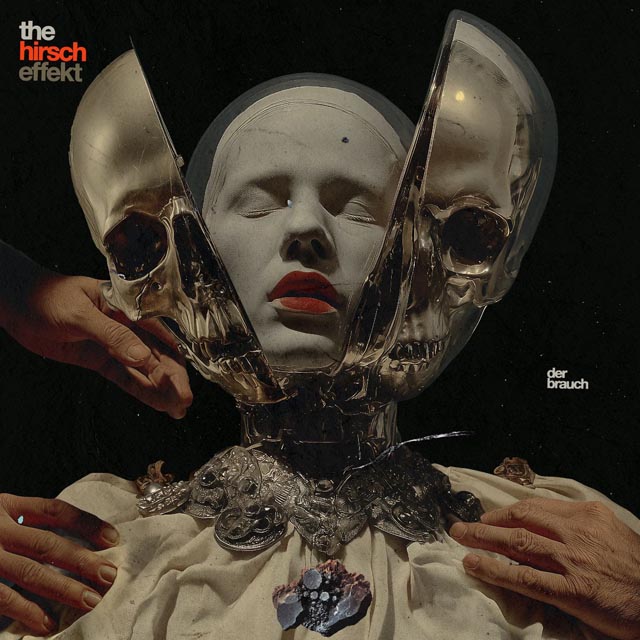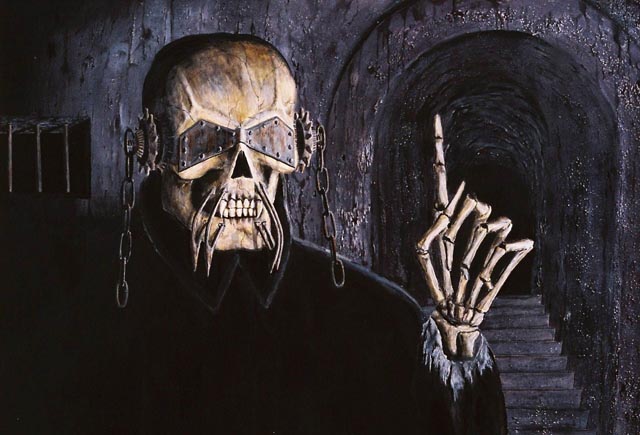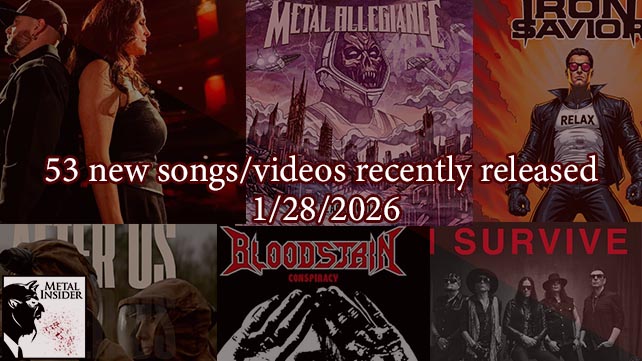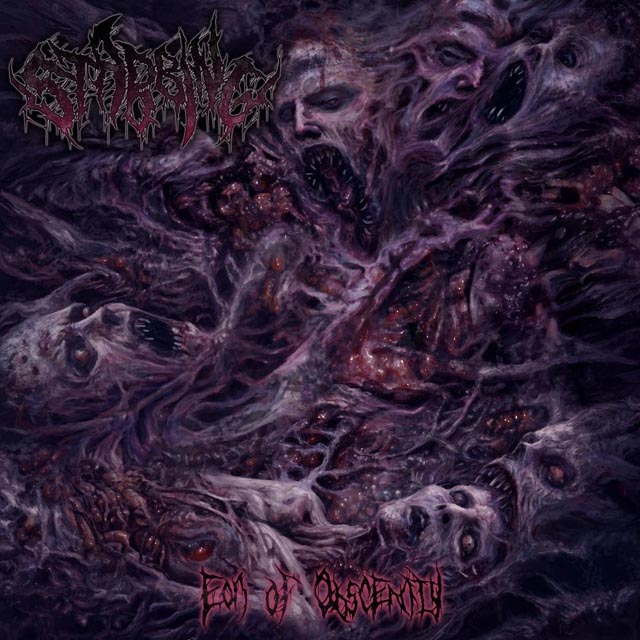 When you think of the Library of Congress, you probably think of an actual library, musty, and full of relics. However, every year, they add 25 recordings to their National Recording Registry. This year, there’s a somewhat unlikely addition to the Library: Metallica’s 1986 magnum opus Master of Puppets. Here’s what’s a little unlikely about it: a recording only has to be 10 years old to qualify, so it’d make sense if, like the Rock and Roll Hall of Fame, it was added the first year it was eligible, but it’s been eligible for 20 years now. It’s also the newest of the 25 recordings added. And no metalhead can deny the importance of Master, but it’s the Black Album that’s the biggest-selling album in SoundScan, and clearly their most mainstream album.
When you think of the Library of Congress, you probably think of an actual library, musty, and full of relics. However, every year, they add 25 recordings to their National Recording Registry. This year, there’s a somewhat unlikely addition to the Library: Metallica’s 1986 magnum opus Master of Puppets. Here’s what’s a little unlikely about it: a recording only has to be 10 years old to qualify, so it’d make sense if, like the Rock and Roll Hall of Fame, it was added the first year it was eligible, but it’s been eligible for 20 years now. It’s also the newest of the 25 recordings added. And no metalhead can deny the importance of Master, but it’s the Black Album that’s the biggest-selling album in SoundScan, and clearly their most mainstream album.
So the Library is to be commended for including Master. Recordings are chosen, according to Billboard, with advice from the National Recording Preservation Board that must be “culturally historically or aesthetically significant.” Sounds about right. Other recordings making it in this year are “Mack the Knife” (two versions of it), the fourth quarter of Wilt Chamberlain’s historic 100-point game, Santana’s Abraxas, Billy Joel’s “Piano Man” and George Carlin’s 1972 album Class Clown. Here’s what the Library says about the Metallica album:
The third release by Metallica shows the band moving away from its thrash metal history and reputation and exploring new ideas. Thrash, a reaction against the pop metal of the early 1980s, aimed to renew metal by emphasizing speed and aggression. For example, the song “Battery” on this album — with rhythm guitarist James Hetfield’s galloping power chords, Lars Ulrich’s machine-gun drumming and lead guitarist Kirk Hammet’s blinding tapped leads — is as rousing an example of the sub-genre as one could find, and the technical proficiency is astonishing. However, other songs on the record break free of thrash orthodoxy. Cliff Burton’s clean bass lines, volume swells and careful harmonies, for example, on “Orion,” set that song apart from the standard metal song. The title track starts unsurprisingly enough with a crisp power chord and catchy riff, but halfway through, the tempo slows and a clean arpeggiated progression, accompanied by cello-like tones, introduces Hetfield’s mid-tempo lead, which eschews tapping, sweep picking and other metal guitar techniques. Black Sabbath bassist and lyricist Geezer Butler has said that Metallica’s 1980s output brought the music “back to the spirit of Sabbath” and, he further emphasized, “If we started it, then [Metallica] reinvented it.”












